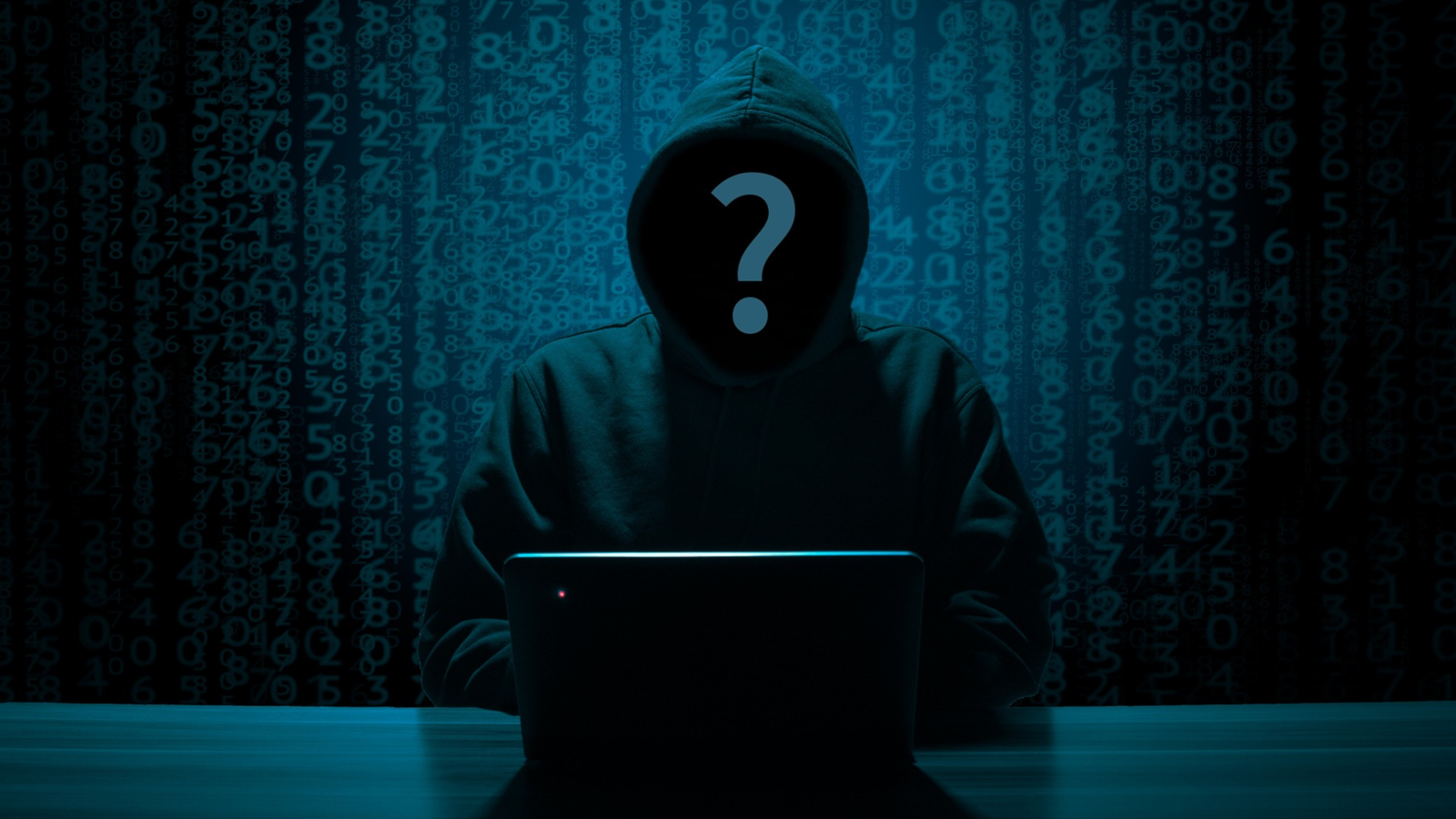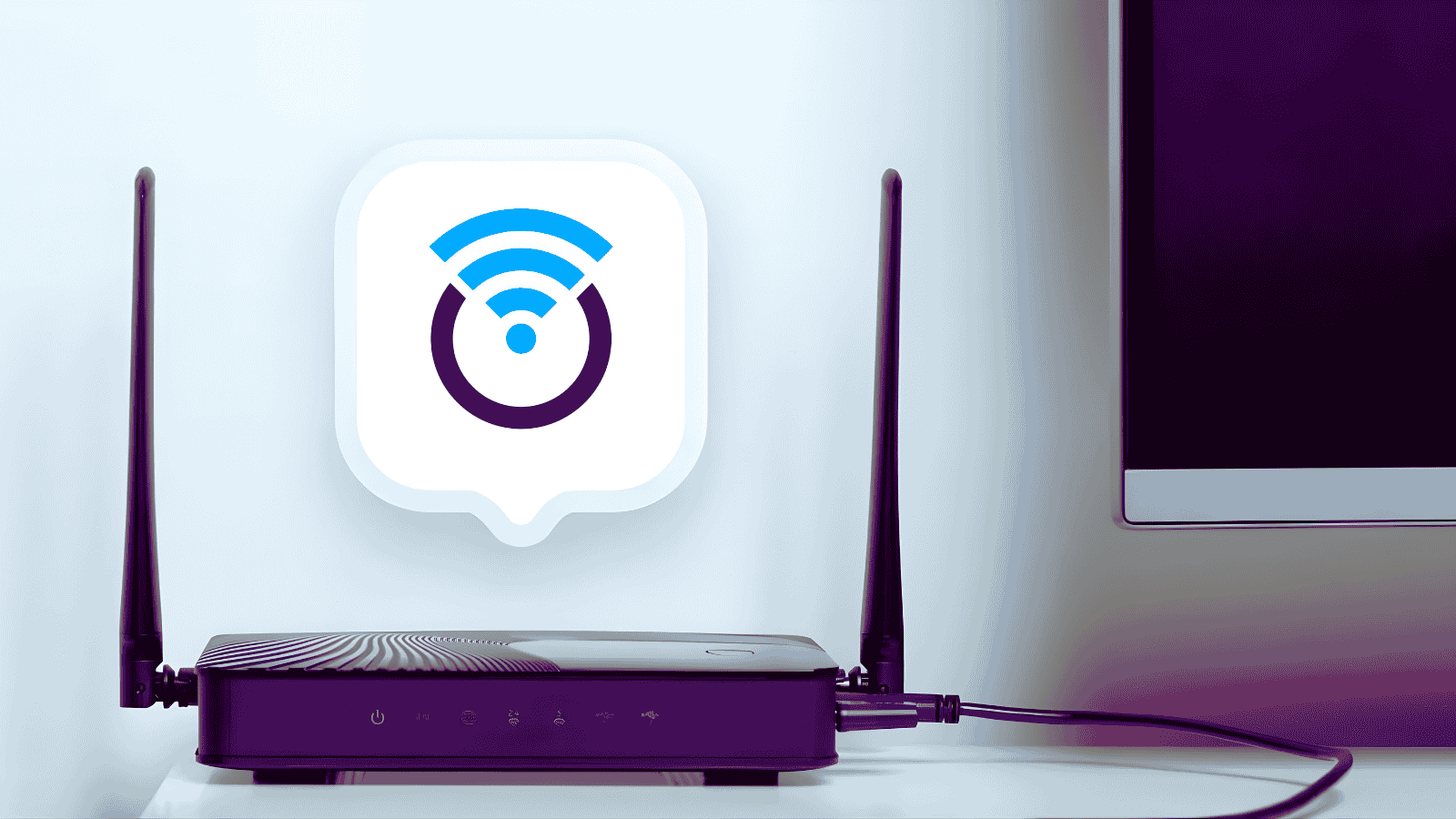
Swedish Police Will Deploy Spyware on Crime Suspects’ Devices Starting March 2020
- Most crime actors in Sweden hide behind encrypted communications, and this ends in March 2020.
- The police will be allowed to install state spyware on the devices of suspects of a crime.
- The spyware could be developed internally or bought from a vendor, which is something that other countries are already doing.
As reported by ZDNet, the Swedish Minister of the Interior, Mikael Damberg, has announced that their national police force will now be allowed to install spyware on the devices of crime suspects. This spyware will be capable of activating the devices’ microphones, cameras, intercept communications (even if encryption is involved), and exfiltrate whatever data the police deems as necessary for the investigation of a case.
The minister told the press that since criminals are using encrypted communication applications such as Signal, Telegram, or WhatsApp, they had to do something to address the problem with actors hiding their tracks and destroying evidence. For example, he said that in 90% of the criminal cases that took place in the country during the past few years, the police couldn’t retrieve any useful data from the devices of the suspects as the communications were encrypted. For this reason, they decided to follow the example that was set by the governments of Germany, Denmark, and Norway.
As we discussed again at the beginning of the month, the Trump administration is still pushing for the banning of end-to-end encryption, which is far from the tangible reality that underpins internet communications today. After all, there will always be tools that enable users to communicate secretively. The Swedish police didn’t waste their time with ideas on this sphere, or with asking various software vendors for the provision of backdoors. The simplest and most effective solution was the development of spyware that is legal to install and use by the authorities. Whether Sweden is going to develop this tool on their own or pay for a surveillance product hasn’t been clarified at this point.
The new regulation will be put into practice by March 1, 2020, so the state will have to figure out a way to source or create the spyware until then. As for the worries about mass surveillance, only those who are suspected of serious crimes (punishable by at least four years of imprisonment) will be eligible for this new program.
Do you agree with this new legislative provision to help the police fight serious crimes, or do you find that state spyware is harming people’s right to privacy? Let us know where you stand in the comments down below, or join the discussion on our socials, on Facebook and Twitter.












